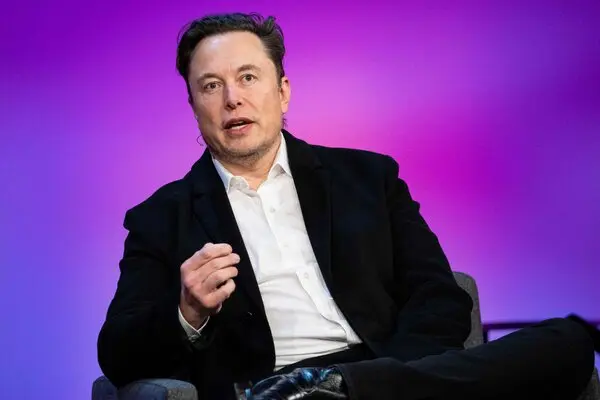Billionaire entrepreneur Elon Musk has taken to social media, expressing his astonishment and criticism over India’s exclusion from the permanent membership of the United Nations Security Council (UNSC). In a tweet on X (formerly Twitter), Musk stated, “India not having a permanent seat on the Security Council, despite being the most populous country on Earth, is absurd.” His remarks highlight a longstanding issue in international diplomacy and have reignited discussions about the need for reform in global governance bodies.
At some point, there needs to be a revision of the UN bodies.
Problem is that those with excess power don’t want to give it up.
India not having a permanent seat on the Security Council, despite being the most populous country on Earth, is absurd.
Africa collectively should…
— Elon Musk (@elonmusk) January 21, 2024
Musk’s tweet follows UN Secretary-General Antonio Guterres’ recent comments raising concerns about the absence of any African nation from the list of permanent members of the UNSC. Guterres emphasized the need for institutions to reflect the realities of today’s world rather than those of 80 years ago. He posted on the microblogging site, “How can we accept that Africa still lacks a single Permanent Member in the Security Council?” Guterres further hinted at a potential discussion on global governance reforms during the upcoming Summit of the Future in September.
How can we accept that Africa still lacks a single Permanent Member in the Security Council?
Institutions must reflect today’s world, not that of 80 years ago.
September’s Summit of the Future will be an opportunity to consider global governance reforms & re-build trust.
— António Guterres (@antonioguterres) January 20, 2024
The issue gained more traction when Israeli author Michael Eisenberg drew attention to India’s exclusion, asking, “And what about India? 🇮🇳 Better yet is to dismantle the @UN and build something new with real leadership.” This sentiment echoes Musk’s call for a revision of UN bodies, reflecting a growing dissatisfaction with the current structure of global governance institutions.
India’s External Affairs Minister, S Jaishankar, had previously criticized the UN Security Council, referring to it as an “old club” where existing member nations resist admitting new members due to a fear of losing control. He pointed out that the Security Council’s resistance to reforms is diminishing the effectiveness of the United Nations, particularly on crucial global issues. Jaishankar’s comments underscore the challenges associated with making meaningful reforms in international organizations, where entrenched interests often impede significant changes.
Jaishankar highlighted the human failing within the UN Security Council, stating, “Security Council is like an old club, where there are set members who don’t want to let go of the grip. They want to keep control over the club. Not very keen to admit more members, not keen to have their practices questioned.” His remarks suggest a reluctance among established powers to share influence, creating a barrier to more inclusive global decision-making processes.
The call for reforms in global governance is not new, with many nations advocating for a more representative and equitable system. The lack of significant progress in this regard has fueled frustration and skepticism about the ability of international institutions to address contemporary challenges effectively. Musk’s tweet adds a prominent voice to this chorus, emphasizing the need for a reevaluation of power structures within the UN.
The issue of UNSC reforms has been a recurring topic in India’s diplomatic engagements. As one of the world’s most populous countries and a major global player, India has long sought a permanent seat on the Security Council. The exclusion of India, along with the absence of representation from Africa, raises questions about the legitimacy and effectiveness of a body tasked with maintaining global peace and security.
While the comments from Musk, Guterres, and others bring attention to the need for reform, the actual process of restructuring international institutions remains complex. It requires consensus among existing members, many of whom may be resistant to changes that could dilute their influence.
As the discussions around the UNSC and global governance reforms continue, it remains to be seen whether the international community can overcome the challenges and implement meaningful changes. The upcoming Summit of the Future in September may provide a platform for further deliberations on this critical issue, offering an opportunity for leaders to address the shortcomings of the existing global governance framework and explore avenues for a more inclusive and responsive system.












